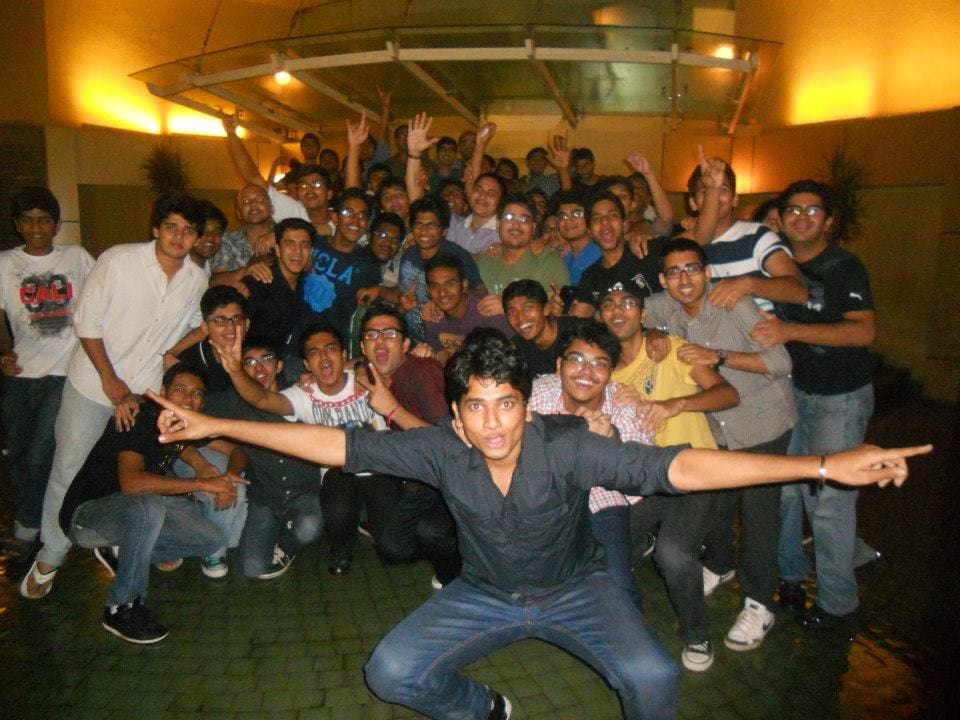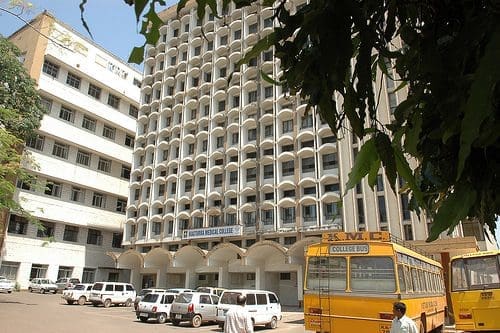
As the new session of college begins in KMC Mangalore, a whole new set of students from all over the country (and even the world!) pour into the classrooms and hospitals ready to take on diseases and fight illnesses. But much to their disappointment, lying in the hospitals is their greatest challenge yet to come (much greater than any of the back breaking textbooks they read in the library): a patient who speaks only Kannada.
When first encountered, the student slowly approaches a lady sitting in the corner bed, raises his eyebrows and utters a word praying the patient understands: “Hindi?”. He trails off his sentence, giving it a tinge of desperation and helplessness that is characteristic of our particular kind. The woman gives him a vehement no and looks away saying: “Hindi gothilla!”. And right there and then begin the trials and tribulations of the non-kannadigas.
Broadly the non kannada-speaking students can be divided into the following three categories:
1) Those who are over the top excited about learning the language: they watch kannada movies, listen to radio mirchi (sagat hot maga!) and tail each of their kannadiga friends; eavesdropping on their conversations hoping to pick up as many new words as they can.
2) Those who awkwardly fumble with English to kannada handbooks, learn up words for all the parts of the body but end up pronouncing them so terribly wrong that the patient is left rolling with laughter.
3) Those who do not even bother to learn mostly due to chauvinistic reasons as they consider this Dravidian language to be inferior to their mother tongue(no discrimination intended!) or are just plain lazy.
As a copy book case of the second category, it is my belief that learning the local language is one of the basic necessities in order to understand the people and their problems. When one speaks to somebody in their own language they feel a sense of belonging and their comfort level and trust increases. A different language is a different view of life. It helps us grow, not only in our knowledge of the subject but also as a person.
The physician Martin H. Fischer once said, “Any man who does not make himself proficient in at least two languages other than his own is a fool”. Do we ever sit back and ponder on the fact that there are 29 languages spoken by more than a million native speakers across India and we are restricted to our mother tongue and two or three other commonly spoken languages of the metros!
The most important predictor of success in language acquisition is motivation. Although it might seem as a monstrous task at the outset calling the auto rickshaw driver Anna (Brother) and saying dhanyavadigalu in place of thank you seems like a good way to start.
I believe that being in a state other than my own is an opportunity to learn a different language, be a part of a different culture and learn the ways of the people. And as my patients happily babble away to me while I cheekily smile back, I hope that one day I will be able to understand what they are saying; until then I’ll have to make do with the two magic words “Kannada Gothilla!”(i cannot speak Kannada!).

Send in what you think, and write to us (preferably in English :p) on [email protected] or [email protected]. 🙂




Lovely job roomie! Wait though….wasn’t your title “Kannada Gothilla”! ?? :-/